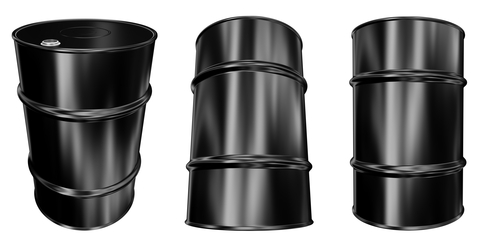How the Russian/Ukraine War Will Affect Canada’s Oil and Gas Industry
 How the Russian Ukraine War Will Affect Canada’s Oil and Gas Industry
How the Russian Ukraine War Will Affect Canada’s Oil and Gas Industry
Months after Russia cut off Ukraine’s natural gas supply, no pricing resolution has been achieved. During Ukraine’s summer months the effects of the cut off were minimal; however with winter fast approaching, unless there’s an agreed upon price, the impact of the Russia / Ukraine war is expected to take its toll on Canada’s oil and gas industry.
As the intensity of the ground fighting in Russia and the Ukraine increases, so does the conflict over energy. Russia, Ukraine and the European Union are scrambling to come up with a last-minute proposal; however the price Russia wants to charge the Ukraine seems to be a major roadblock.
The European Union is concerned that lasting disruptions in gas shipments could expand into the European nations. Since approximately 15 percent of gas exported to the EU runs through the Russian pipeline, if the pipes remain closed, the financial pressure felt throughout the world is imminent.
According to EIA (U.S. Energy Information Administration) about half of Russian federal revenue comes from oil and gas. Germany, Netherlands, China, Poland and Belarus are among Russia’s largest oil customers. Stiff economic measures for the EU-27 are not predicted. In fact, the EU is being forced to show restraint as an interruption in oil supply would cause economic turmoil for many countries.
In Canada, the impact can be expected in three major ways:
- Higher Gas Prices – Pressure is being felt on oil prices around the world. Investors are turning to the USD as a safe haven, which is weakening the Canadian dollar against the US dollar. As a result, energy import costs are on the rise and Canadians are expected to feel the blow on rising oil prices at the pumps.
- Stock Market Fluctuations – Typically, geopolitical risk and the pause of economic growth tends to wreak havoc on investor confidence. The Russia / Ukraine gas and oil conflict has many investors rattled, which in turn affects everything from pension funds to RRSPs. As oil prices rise, Canadian small-cap oil stocks could do well. However, Ed Devlin, who develops Pimco’s Canadian economic strategies and outlook, argues that the Canadian economy is at a tipping point.
- Higher Food Prices – As gas prices rise, so will the price of food and food exports. It’s predicted that grain prices will rise and the increase in European food prices could trickle into Canada.
On the bright side, three substantial energy deals have been negotiated with Canada.
- The Lama Energy Group headquartered in the Czech Republic have partnered with a privately held Prosper Petroleum Ltd to build a multimillion steam-assisted gravity drainage oil sands facility near Fort McMurray, Alberta.
- In November 2013, Polish firm PKN Orlen S.A. acquired Cardium-focused light oil producer TriOil Resoucres Ltd in Calgary
- Polish billionaire Jan Kulczyk acquired Windstar Resources Ltd.
Perhaps investing in Canadian light oil producers may be a viable answer. If the pipeline in Ukraine remains closed, the US could decide to export oil to Europe. If that happens, the US will have a shortfall of oil and will need to turn to Canada for light oil production. This should benefit Canadian oil and gas companies and those who invest in them.
All in all, the oil and gas industry is bound to see some interesting turn of events in the months ahead.

